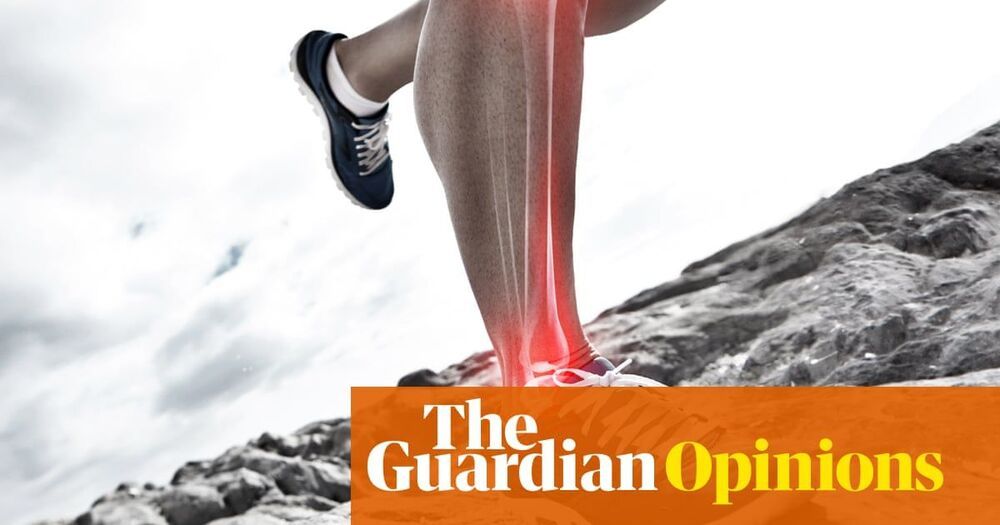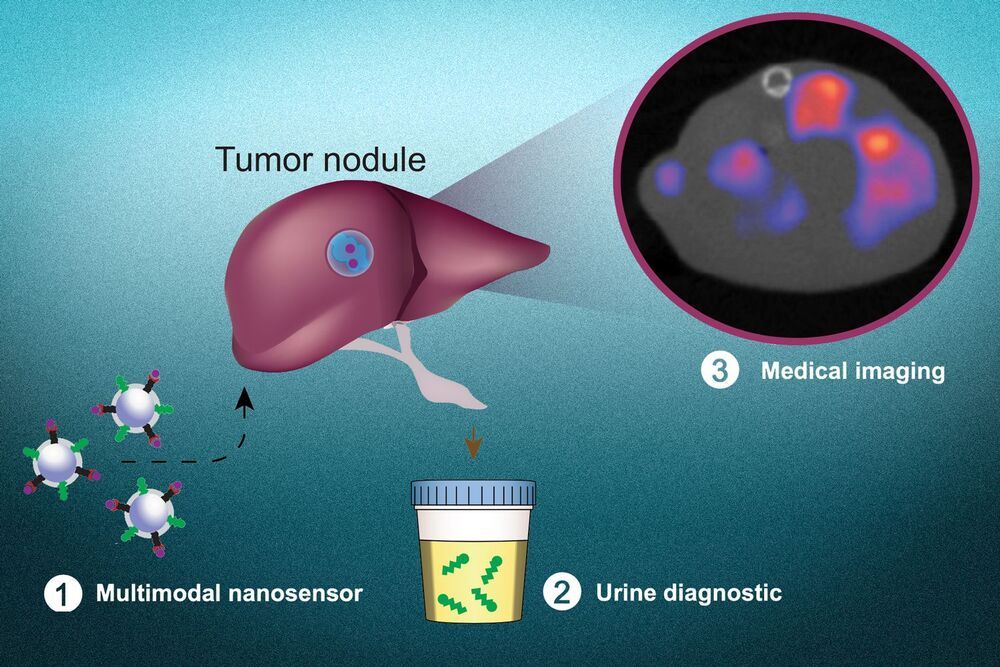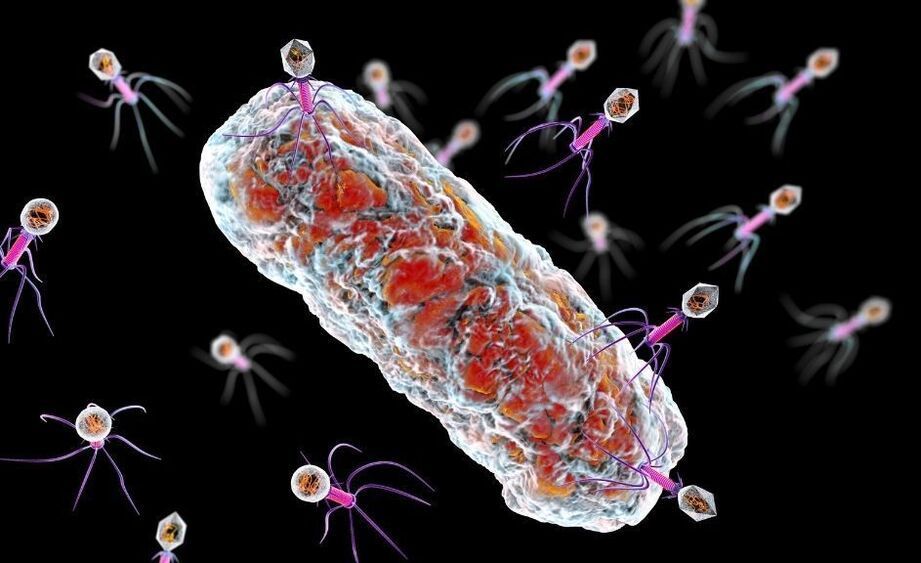Tests could show the probability of illnesses occurring in future years, with huge moral and ethical implications, says immunology professor Daniel M Davis.



“There was cheering in the control center” when word came that NASA had brought a key computer back, says James Jeletic, the Hubble project’s deputy project manager.
The Hubble Space Telescope is returning to operation more than a month after its original payload computer shut down. NASA said it has successfully switched over to its backup computer — and while the process of bringing the system back online is slow, the agency has started to bring science instruments out of “safe mode.”
“There was cheering in the control center” on Thursday night when word came that NASA had managed to restore the payload computer, James Jeletic, Hubble’s deputy project manager, told NPR.
“There’s a big sense of relief,” Jeletic said.

A star in a distant galaxy blew up in a powerful explosion, solving an astronomical mystery.
Dr. Iair Arcavi, a Tel Aviv University researcher at the Raymond and Beverly Sackler Faculty of Exact Sciences, participated in a study that discovered a new type of stellar explosion — an electron-capture supernova. While they have been theorized for 40 years, real-world examples have been elusive. Such supernovas arise from the explosions of stars 8–9 times the mass of the sun. The discovery also sheds new light on the thousand-year mystery of the supernova from A.D. 1054 that was seen by ancient astronomers, before eventually becoming the Crab Nebula, that we know today.
A supernova is the explosion of a star following a sudden imbalance between two opposing forces that shaped the star throughout its life. Gravity tries to contract every star. Our sun, for example, counter balances this force through nuclear fusion in its core, which produces pressure that opposes the gravitational pull. As long as there is enough nuclear fusion, gravity will not be able to collapse the star. However, eventually, nuclear fusion will stop, just like gas runs out in a car, and the star will collapse. For stars like the sun, the collapsed core is called a white dwarf. This material in white dwarfs is so dense that quantum forces between electrons prevent further collapse.

Most of the tests that doctors use to diagnose cancer — such as mammography, colonoscopy, and CT scans — are based on imaging. More recently, researchers have also developed molecular diagnostics that can detect specific cancer-associated molecules that circulate in bodily fluids like blood or urine.
MIT engineers have now created a new diagnostic nanoparticle that combines both of these features: It can reveal the presence of cancerous proteins through a urine test, and it functions as an imaging agent, pinpointing the tumor location. In principle, this diagnostic could be used to detect cancer anywhere in the body, including tumors that have metastasized from their original locations.
“This is a really broad sensor intended to respond to both primary tumors and their metastases. It can trigger a urinary signal and also allow us to visualize where the tumors are,” says Sangeeta Bhatia, the John and Dorothy Wilson Professor of Health Sciences and Technology and Electrical Engineering and Computer Science at MIT and a member of MIT’s Koch Institute for Integrative Cancer Research and Institute for Medical Engineering and Science.

Experiments now online or being built in Japan, South Korea, Italy, Canada and the United States are an order of magnitude more sensitive than the previous generation, and planned future detectors would improve on that by another two orders of magnitude (see ‘Experiments around the world’). In 2015, an advisory committee to the US Department of Energy identified such a project as a priority and a commitment to fund an experiment to detect Majorana neutrinos — estimated to cost up to/around US$250 million — is thought to be imminent.
The search for exotic ‘Majorana’ particles that could solve a big antimatter mystery is ramping up around the world.

A new set of equations can precisely describe the reflections of the Universe that appear in the warped light around a black hole.
The proximity of each reflection is dependent on the angle of observation with respect to the black hole, and the rate of the black hole’s spin, according to a mathematical solution worked out by physics student Albert Sneppen of the Niels Bohr Institute in Denmark.
This is really cool, absolutely, but it’s not just really cool. It also potentially gives us a new tool for probing the gravitational environment around these extreme objects.
Electric vehicles are about to take over American roadways, which means there’s a prime opportunity to replace gas station signs with something better.
The Juno Waves instrument “listened” to the radio emissions from Jupiter’s immense magnetic field to find their precise locations.
By listening to the rain of electrons flowing onto Jupiter from its intensely volcanic moon Io, researchers using NASA’s Juno spacecraft have found what triggers the powerful radio emissions within the monster planet’s gigantic magnetic field. The new result sheds light on the behavior of the enormous magnetic fields generated by gas-giant planets like Jupiter.
Jupiter has the largest, most powerful magnetic field of all the planets in our solar system, with a strength at its source about 20000 times stronger than Earth’s. It is buffeted by the solar wind, a stream of electrically charged particles and magnetic fields constantly blowing from the Sun. Depending on how hard the solar wind blows, Jupiter’s magnetic field can extend outward as much as two million miles (3.2 million kilometers) toward the Sun and stretch more than 600 million miles (over 965 million kilometers) away from the Sun, as far as Saturn’s orbit.

Viruses that infect bacteria may drive the evolution of drug-resistant superbugs by inserting their genes into the bacterial DNA, a new study suggests.
The bacteria-attacking viruses, called phages, act as parasites in that they depend on their hosts for survival. The viral parasites often kill off their microbial hosts after infiltrating their DNA, said senior study author Vaughn Cooper, director of the Center for Evolutionary Biology and Medicine at the University of Pittsburgh School of Medicine. But sometimes, the phages slip into the bacterial genome and then lay low, making sneaky changes to the bacterium’s behavior, Cooper said.

For the first time ever, researchers from the University of Pittsburgh School of Medicine discovered that phages — tiny viruses that attack bacteria — are key to initiating rapid bacterial evolution leading to the emergence of treatment-resistant “superbugs.” The findings were published today in Science Advances.
The researchers showed that, contrary to a dominant theory in the field of evolutionary microbiology, the process of adaptation and diversification in bacterial colonies doesn’t start from a homogenous clonal population. They were shocked to discover that the cause of much of the early adaptation wasn’t random point mutations. Instead, they found that phages, which we normally think of as bacterial parasites, are what gave the winning strains the evolutionary advantage early on.
“Essentially, a parasite became a weapon,” said senior author Vaughn Cooper, Ph.D., professor of microbiology and molecular genetics at Pitt. “Phages endowed the victors with the means of winning. What killed off more sensitive bugs gave the advantage to others.”